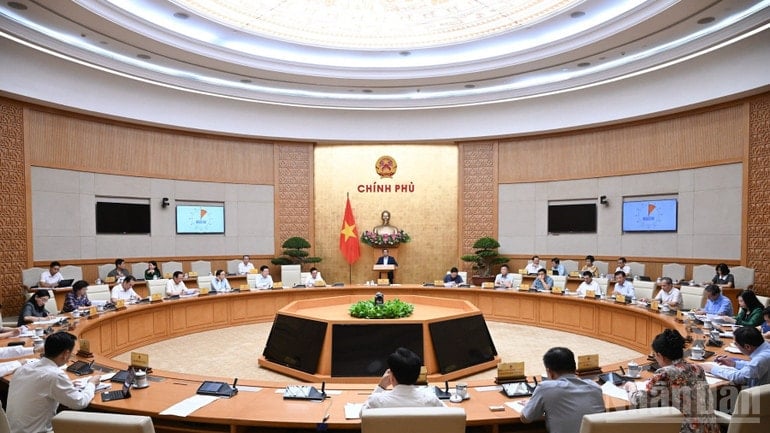
The contents include assessing the implementation situation and removing difficulties and obstacles in arranging the organization of administrative units and operating the 2-level government model; drafting a report to the Politburo and the Secretariat on the situation of handing over the management of public assets and government headquarters at all levels; reporting on the preparation work for the Conference to summarize the program and the emulation movement of the whole country joining hands to eliminate temporary and dilapidated houses in 2025. Also attending were members of the Politburo, members of the Party Central Committee, Deputy Prime Ministers; Deputy Party Committee Secretaries, members of the Standing Committee of the Government Party Committee.
Speaking at the opening of the meeting, Secretary of the Government Party Committee, Prime Minister Pham Minh Chinh emphasized that evaluating the implementation of the two-level government after the implementation period is a necessary and indispensable task; promptly removing difficulties and obstacles arising in practice, thereby completing the report to the Politburo. Up to now, we have operated the two-level local government model for nearly 2 months, initially operating relatively stably, affirming the correctness of the policy and the urgent organization of implementation.
Under the strong leadership of the Politburo, often directly led by General Secretary To Lam , the Government has actively participated. Through this, we affirm the correctness of the policy and the way of organizing and implementing; the consensus and determination of the entire political system; the unified and smooth direction and administration from the Central to the local level, very resolute, closely following to direct, administer and organize effective implementation; the positivity and initiative of all levels, sectors and localities in promptly handling arising problems; the positive change in the transformation of the state from administrative management to proactive, positive, and constructive service to the people; the high support and consensus of the people and businesses; the reform in handling administrative procedures; the trust in a modern, professional, and people-oriented administration in the future.
In addition to the achieved results, the Prime Minister frankly acknowledged that in the initial stage, we still have many difficulties and challenges that need to be focused on solving so that the apparatus can operate smoothly, efficiently, synchronously and effectively, including arrangement of personnel, infrastructure, finance, budget, data digitization, asset handover, arrangement of headquarters, public assets, and housing arrangement for officials...
The Prime Minister said that, basically, we are operating the 2-level local government model well, but there is still much to do. The response to the operation of cadres in the transitional state is not quick enough, the assessment of whether the arrangement of cadres at the commune level is correct and effective, and whether it has been operated proficiently.
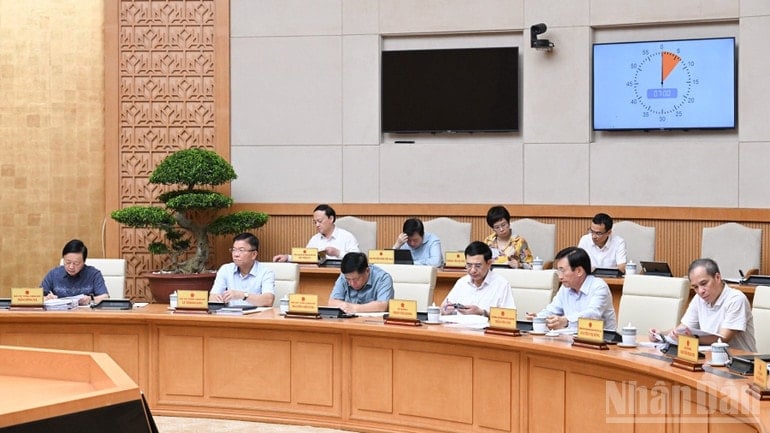
According to the Prime Minister, the problems that have emerged recently are land issues, property and finance issues, and payments to early retirees. The rearrangement of staff and headquarters must be flexible, synchronous, transparent, and free of waste. The Prime Minister welcomed some ministries sending staff to the grassroots level. At the same time, he said that General Secretary To Lam has directed that if there is a shortage of people at the grassroots level, it must be reported immediately; if there are not enough people, people must be sent from the province or from the ministry.
The Prime Minister requested that delegates make a comprehensive assessment of the achievements in the recent past: what has not been achieved, limitations, shortcomings, difficulties, obstacles, and causes. The spirit is to resolve difficulties wherever they are; to resolve problems at which level; to review and evaluate the progress of implementing the conclusions of the Government and the Prime Minister in Notice 412; to continue reviewing and perfecting the legal system, including removing difficulties and obstacles in decentralization, delegation of power, and assignment of authority to two-level local governments; to propose practical and effective solutions to build and consolidate the two-level government model to operate smoothly, synchronously, and effectively.
The Prime Minister requested to properly assess the situation, propose appropriate solutions, and avoid problems. The Prime Minister noted that it is necessary to design tools to measure the implementation of this work and to actively participate because this is a new development space. From there, there must be appropriate planning and exploitation for the new space. If there is no commune-level planning, how will the planning be? The use of capital is different from before, and it must be accounted for, with revenue and expenditure being sufficient. That raises the issue of state transition.
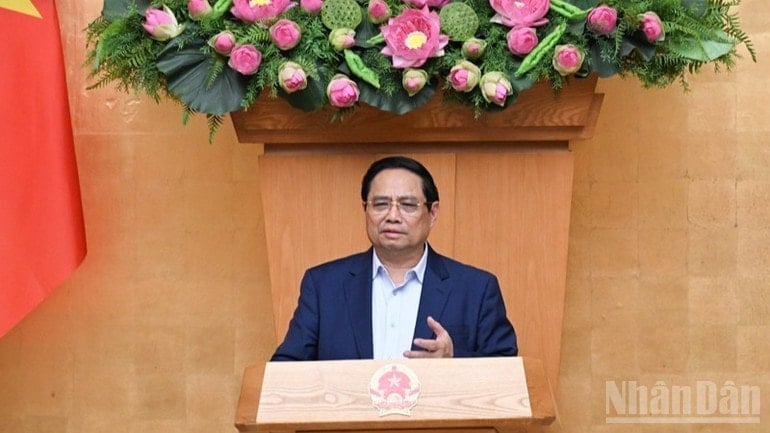
The Ministry of Home Affairs, as the standing agency of the Government's Steering Committee, has always maintained the reception of feedback and recommendations to promptly resolve difficulties and problems in the process of implementing two-level local government from various sources of information; organized a national online conference (August 9) to 34 provinces and cities and 3,321 communes, wards and special zones nationwide to provide professional training for commune-level cadres, civil servants and public employees on functions, tasks, authority, methods and skills of managing commune-level government; at the same time, on August 11, 2025, the Ministry of Home Affairs issued Decision No. 878/QD-BNV to send 34 civil servants who are leaders and specialists of units under the Ministry to strengthen their work in localities to grasp the general situation, guide and support in removing and resolving problems arising at the commune level in the process of operating the two-level local government organization.
In the work of advising and issuing guiding documents: The Ministry of Home Affairs advised the Government Steering Committee to issue Document No. 16/CV-BCĐ dated August 9, 2025 on the implementation of allowance regimes for cadres, civil servants, public employees and workers after the arrangement of administrative units and 2-level local government organizations; Document No. 17/CV-BCĐ dated August 21, 2025 on professional training and coaching for commune-level cadres and civil servants after the arrangement; Issued Official Dispatch No. 6383/BNV-TCBC dated August 13, 2025 to implement Conclusion No. 183-KL/TW of the Politburo on resolving regimes and policies for cadres, civil servants, public employees, workers and armed forces according to Decree No. 178/2024/ND-CP (amended and supplemented in Decree No. 67/2025/ND-CP); Submitted to the Government a draft Decree regulating the selection and use of Chief Engineers and Chief Architects; developed and sent to the Ministries and Central agencies for comments on the draft dossier of the Law on Civil Servants (amended), the draft Resolution on administrative unit standards and the draft Decree on classification of administrative units (expected to submit to the Government the draft Resolution and Decree by the end of August 2025)...
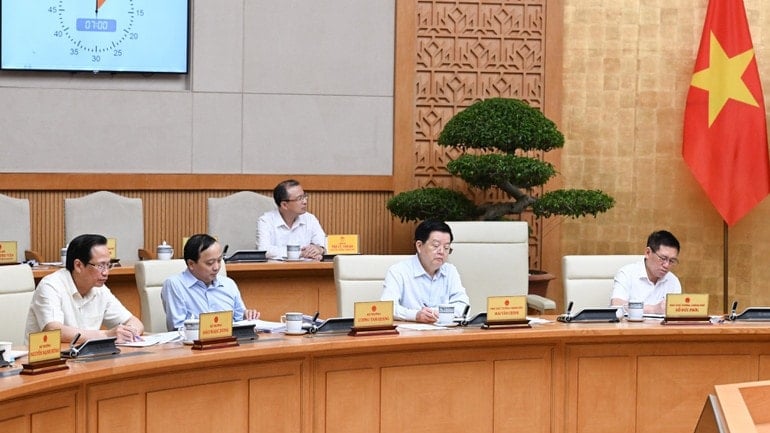
Local leadership, direction and management: Localities maintain a regular and continuous monitoring, urging, inspection and evaluation regime; promptly coordinate to support and resolve issues arising during the implementation process.
Results of operating two-level local government: After nearly two months of implementing the two-level local government model, many important results have been achieved, specifically:
Regarding the organization and apparatus improvement and the introduction of seal samples, signature samples, and titles of the People's Committees at the commune level: Localities have completed the arrangement and improvement of the People's Councils and People's Committees at the provincial and commune levels; 465 specialized agencies under the People's Committees of 34 provinces and cities have been established and 9,916 specialized departments under the People's Committees of 3,321 communes, wards, and special zones have been established. The introduction of seal samples, signature samples, and titles of the People's Committees has been promptly implemented by localities. According to the report of the Ministry of Foreign Affairs, from August 1 to 18, 2025, the Consular Department received and processed 2,511 documents introducing seal samples, signatures, and titles.
Regarding receiving and handling administrative procedures, technology infrastructure and digital transformation: Public Administration Service Centers have come into operation. To date, 32/34 localities have established 3,139 commune-level Public Administration Service Centers; Hanoi city and Quang Ninh province operate according to the model of a single-level Public Administration Service Center and organize branches or public administration service points.
The number of online applications continues to increase. From July 1 to August 19, 2025, the country received a total of 4,386,106 applications (of which 3,277,718 applications were submitted online, accounting for 74.7%, an increase of 5% compared to the reporting time on August 5, 2025). Ho Chi Minh City is still the locality with the highest number of applications with 645,566 applications, while Dien Bien has the lowest number of applications with 14,922 applications.
Implementing decentralization, delegation of power, and assignment of authority: as of August 21, based on 30 Government Decrees on decentralization, delegation of power, and assignment of authority in various fields, Ministries and ministerial-level agencies have issued 66 circulars to continue decentralization, delegation of power, and guidance on contents under the state management authority of the organization of two-level local governments in specialized fields.
Regarding the settlement of regimes and policies for cadres, civil servants and public employees: As of August 19, 2025: Total number of people who have decided to quit their jobs: 94,402 people; Total number of people who have quit their jobs (retired and quit): 81,995 people; Total number of people who are submitting to competent authorities for approval of funding and have been approved: 81,410 people (of which 50,345 people have received money). Implementing Conclusion No. 183-KL/TW of the Politburo and Secretariat, the compilation of the list and issuance of decisions on quitting jobs for subjects according to Decree No. 178/2024/ND-CP must be completed before August 31, 2025, the latest time to quit their jobs to enjoy policies and regimes is September 1, 2025; after this time, it will end.
Regarding the arrangement, layout, and handling of headquarters and public assets: according to the report of the Ministry of Finance, by August 15, 2025, the total number of surplus houses and land that need to be handled is 16,124, of which 6,704 houses and land arise due to the arrangement of administrative units. Regarding cars, currently, there are still 354/3,321 commune-level administrative units that have not been equipped with cars. Regarding machinery and working equipment: Up to now, there are still 601/3,321 commune-level administrative units that have not met the requirements for machinery and equipment, and mainly have not met the requirements for the quality of machinery and equipment.
Source: https://baolamdong.vn/thao-go-moi-vuong-mac-bao-dam-van-hanh-chinh-quyen-2-cap-dong-bo-thong-suot-388393.html








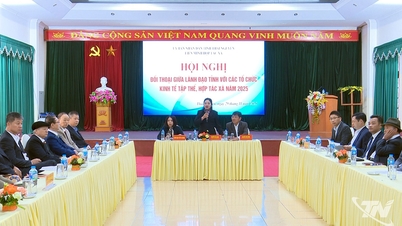





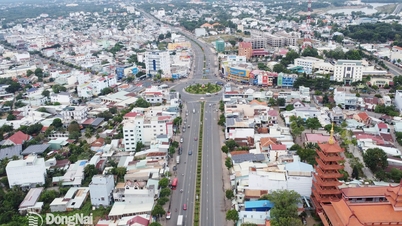

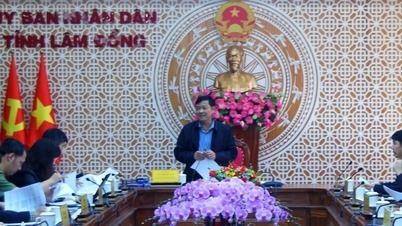
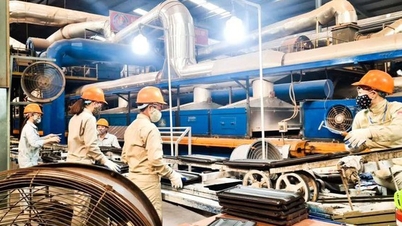

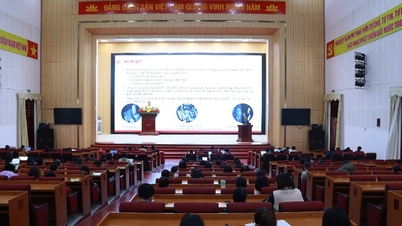

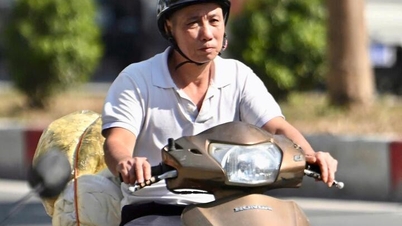

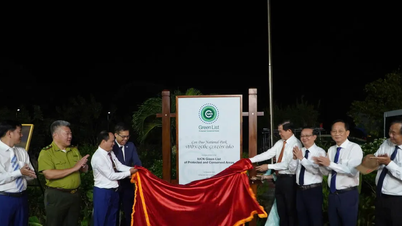










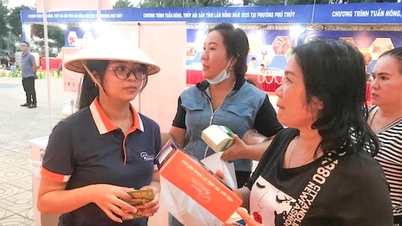

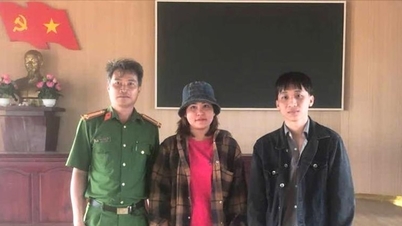
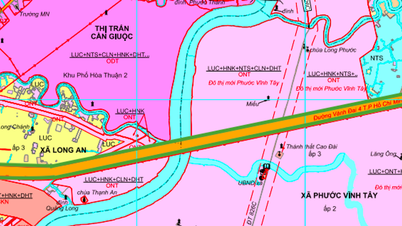
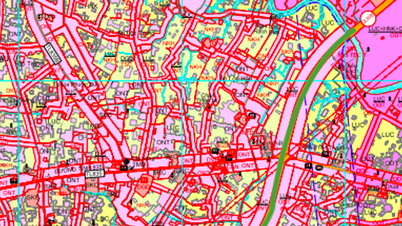
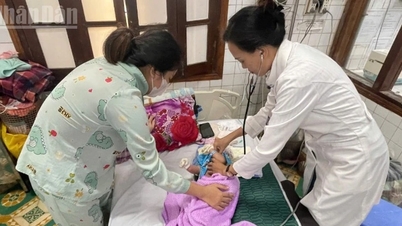





















































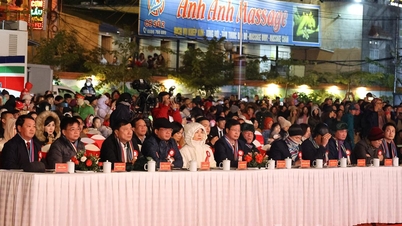


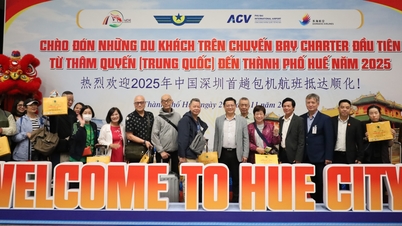


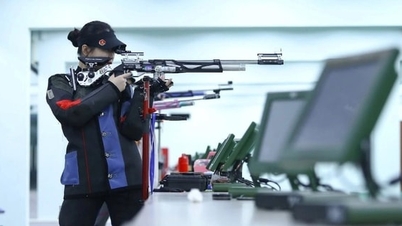











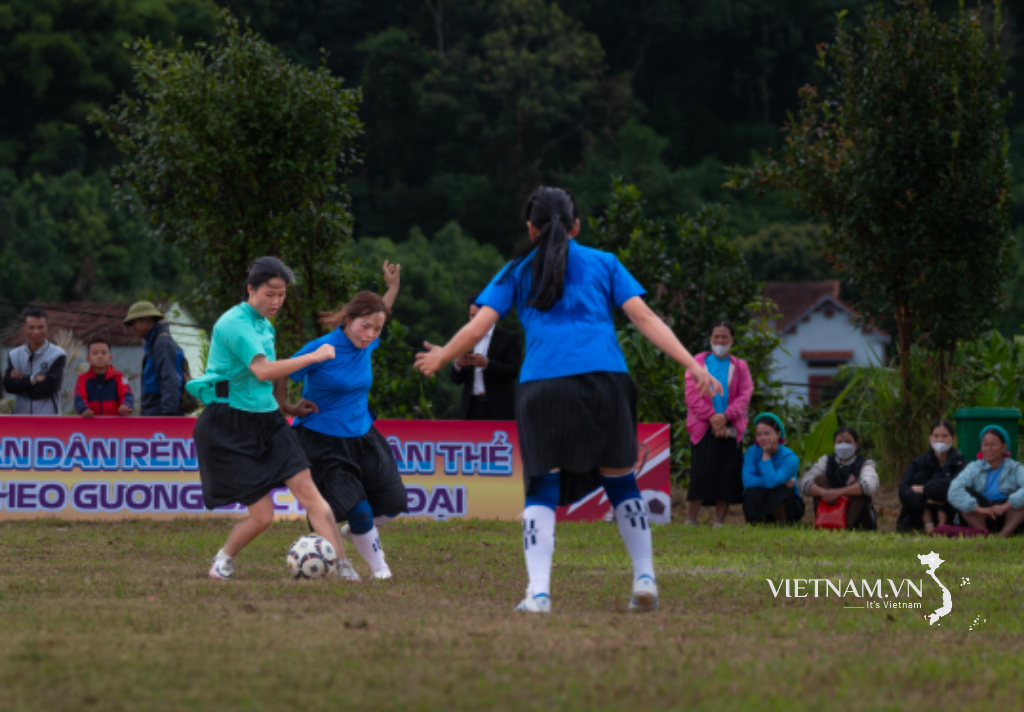
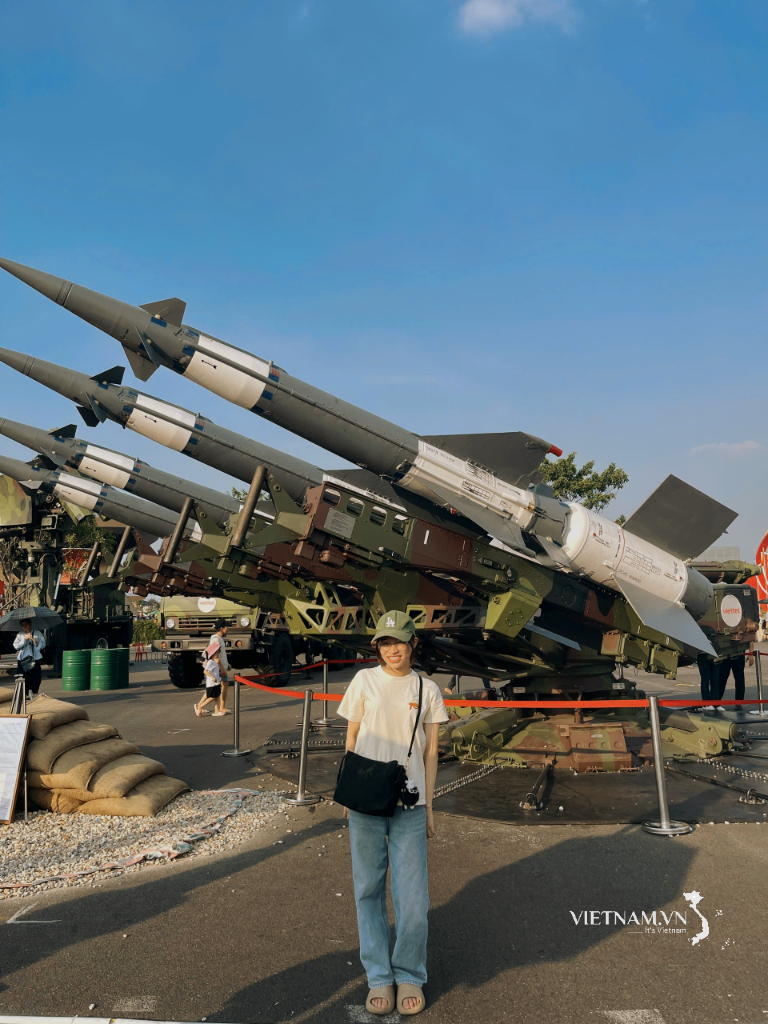
Comment (0)